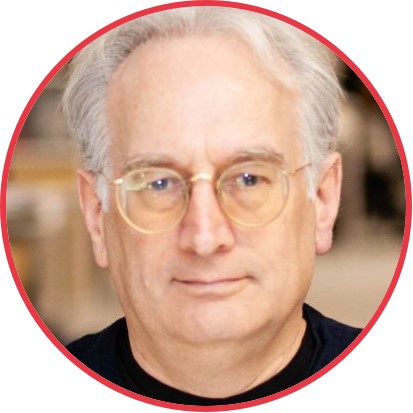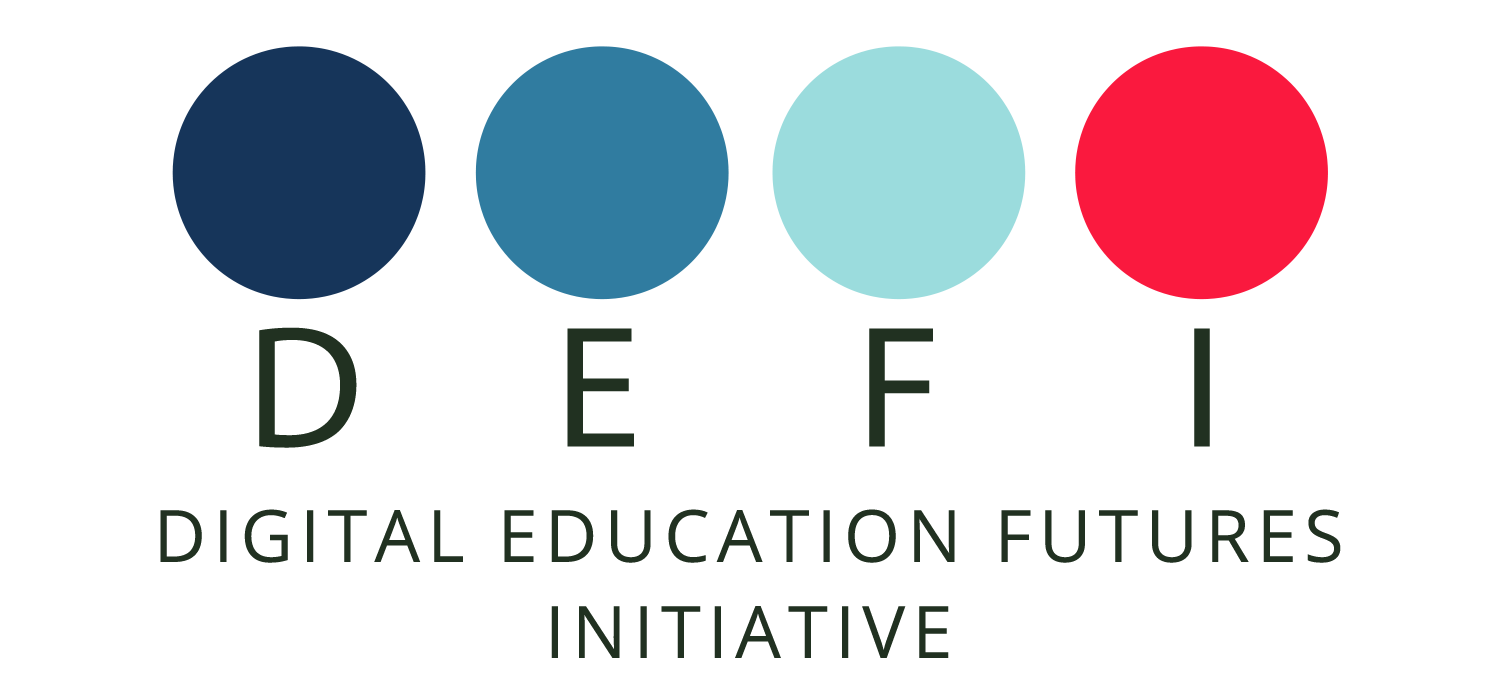This webinar considered the ways that educational systems need to be reimagined in order to prepare learners for workplaces and career paths that may be very different from our current paradigms. Originally held on 24 February 2022.
Presentations
5:06 – Riikka Hofmann – Simulations in teacher professional development for the medical field
16:31 – Liz Polding – AI and legal professional education
26:59 – Wayne Holmes – Artificial Intelligence and education for work
Questions and discussion
38:51 What is the role of AI in traditional classroom teaching?
47:47 Access to a tutor during use of AI in professional education
48:38 Using AI to reconsider failures in the existing educational system
58:06 The role of AI in creativity (AI and human co-authoring)
1:04:40 What professions may be made obsolete or profoundly reshaped by AI?
1:09:55 What excites you most (and worries you most) about AI?
Event description
In conjunction with DEFI’s new Future Skills report, we look at the workplace of the future, and ways that educational systems need to be reimagined in order to prepare learners for workplaces and career paths that may be very different from our current paradigms. Specifically, we’ll explore:
• How AI and machine learning may change our concepts of work and workplaces
• Strategies to help students become competent interacting, or even shaping, these technologies
• Opportunities for AI and machine learning to aid student progress
This online event was held via Zoom on Thursday, 24 February 2022.
Panellists

Dr Riikka Hoffman
Associate Professor, Faculty of Education, University of Cambridge

Dr Wayne Holmes
Lecturer, Educational Technology, UCL

Liz Polding
DPhil student, Dept of Education, Oxford University
Moderator

Kevin Martin
Centre Manager, DEFI
About the panellists
Dr Riikka Hofmann
About Riikka:
Riikka Hofmann is an Associate Professor in the Faculty of Education where she leads the Research Strand “Dialogue, Professional Change and Leadership” in the Faculty’s Cambridge Educational Dialogue Research Group (CEDiR). She holds the Title of Docent in Psychology of Education at the University of Helsinki, and is co-founder of Cambridge University Medical Education Group (CUMEG) based at the University of Cambridge School of Clinical Medicine.
Riikka’s research addresses the well-known challenge that impacting on professional practice through research and education is very difficult even when practitioners desire change. Trained in both ethnographic and experimental methodologies, Riikka’s work investigates the outcomes and constituent mechanisms of professional learning in attempts to develop more equitable research-based practices and outcomes in the public sector. She studies change efforts in both educational and healthcare settings, and through her policy work also investigates implications in policy contexts and the wider social policy field.
Dr Wayne Holmes
Presentation overview:
What you will learn:
- The promises of AI in education tend to be aspirational rather than evidence-based.
- Current AI tools tend to disempower teachers and undermine student agency.
- Current AI tools are designed to homogenise students in preparation for today’s work paradigm, rather than to help them self-actualise for the fast-changing futures of work.
About Wayne:
Liz Polding
Overview:
The presentation considers AI in the context of the legal profession and examines how legal professional education is preparing learners for the legal workplace
What you will learn:
- An understanding of how AI has affected legal practice
- An appreciation of how law schools are responding to the changes to practice arising from legal technology
- An overview of how law schools are using AI in their courses, using examples from practice
About Liz:
My research relates to the comparison of the existing and new routes into legal practice, with a particular focus on solicitor apprenticeships.
Following a degree in English Literature and Philosophy at the University of Newcastle upon Tyne, my career began with a role as a VAT Officer for what was then HM Customs & Excise. I enjoyed my role, but decided that qualifying as a lawyer would enable me to pursue my interest in tax law more effectively. I qualified as a solicitor and worked both in private practice and in-house with PWC, roles which included training other lawyers in the finer points of tax. This led me to move into teaching law to postgraduates at the start of their careers at the Oxford Institute of Legal Practice. After nine years at OXILP, I moved to BPP University to set up their law school in Bristol. I taught a wide range of subjects, including legal skills, business law, corporate finance, tax, probate and professional regulation. I am a full member of the Society of Trust and Estate Practitioners, qualified as a teacher of higher education and have served on the VAT and Duties Tax Sub-committee of the Law Society for over a decade. I am a professor of law and until beginning my doctoral studies, I was Head of Law South West for BPP University. I am an author for Oxford University Press and have published on legal education, online skills teaching and learning and blended learning. I hold an MA in Higher Education. I also served for many years as a course validation panel member and an external examiner for the Solicitors Regulation Authority and for a number of providers of legal education.


